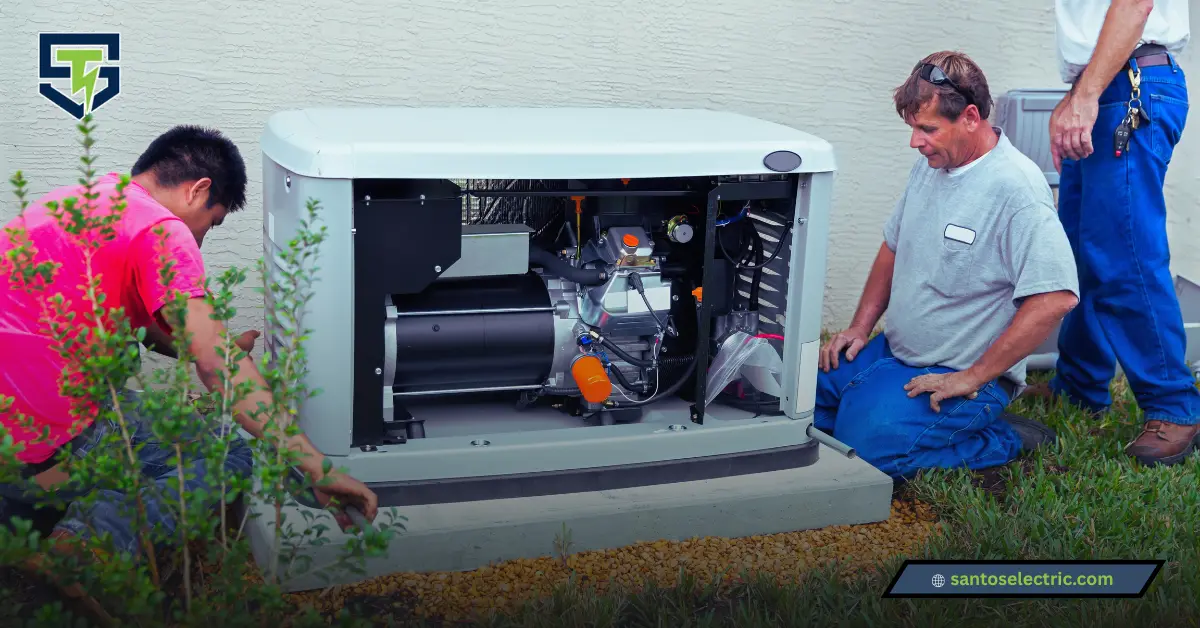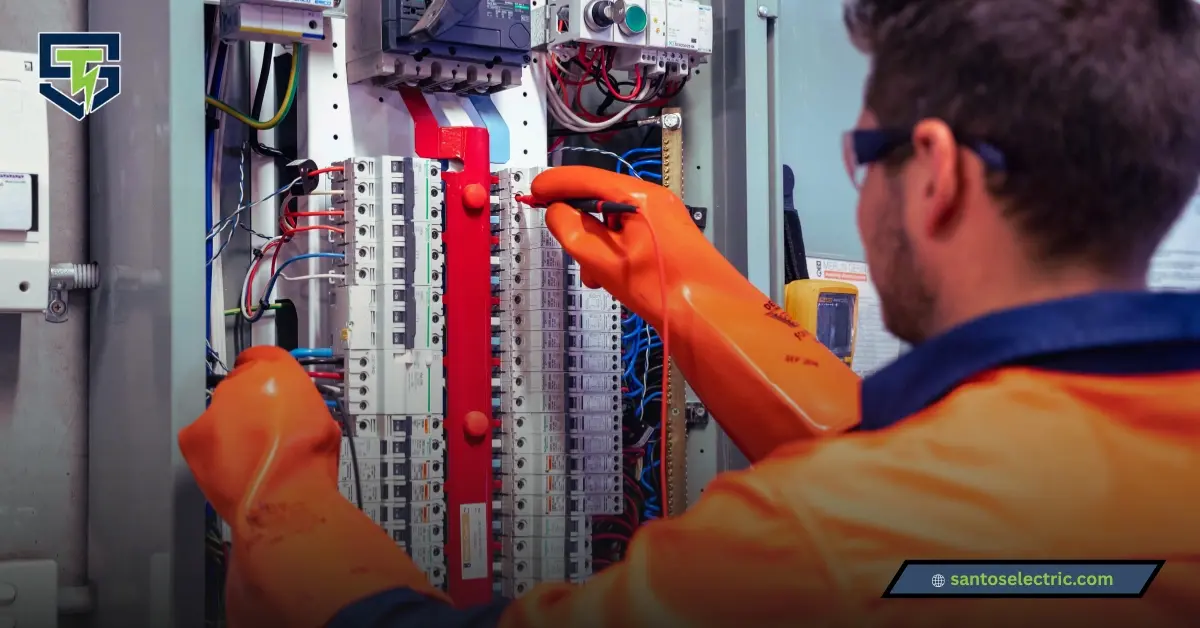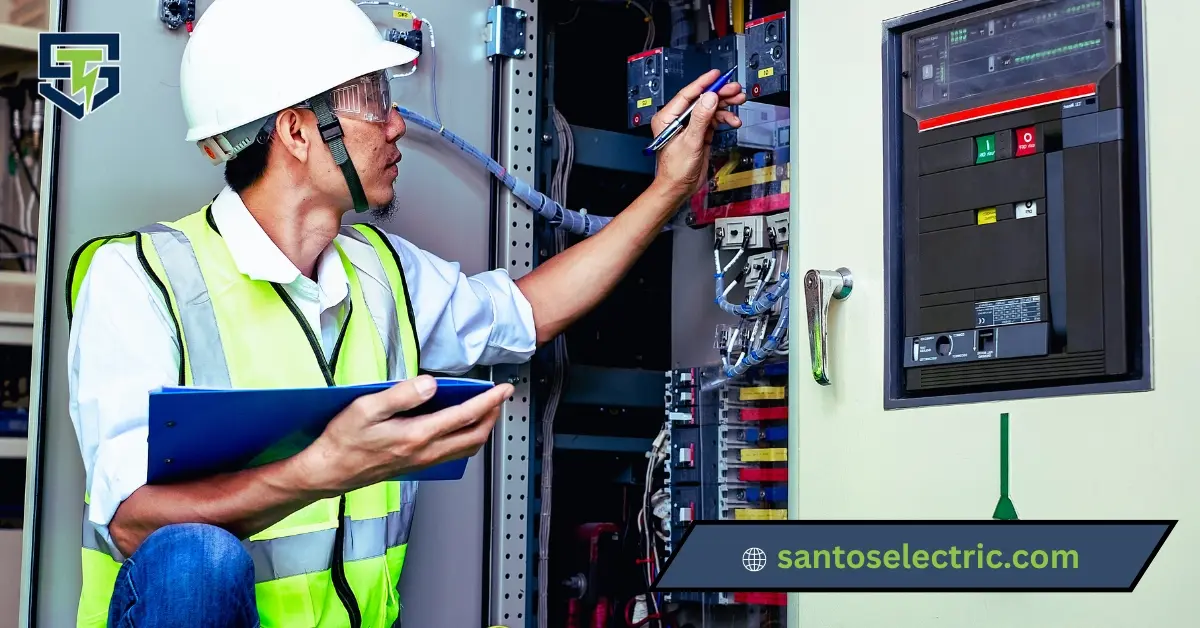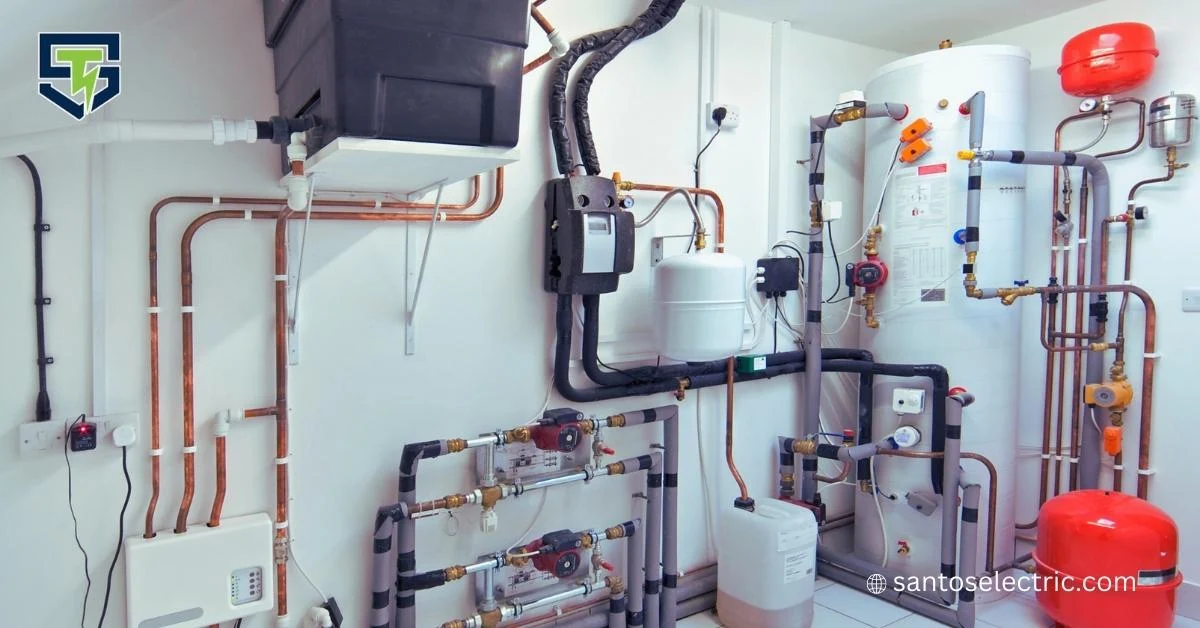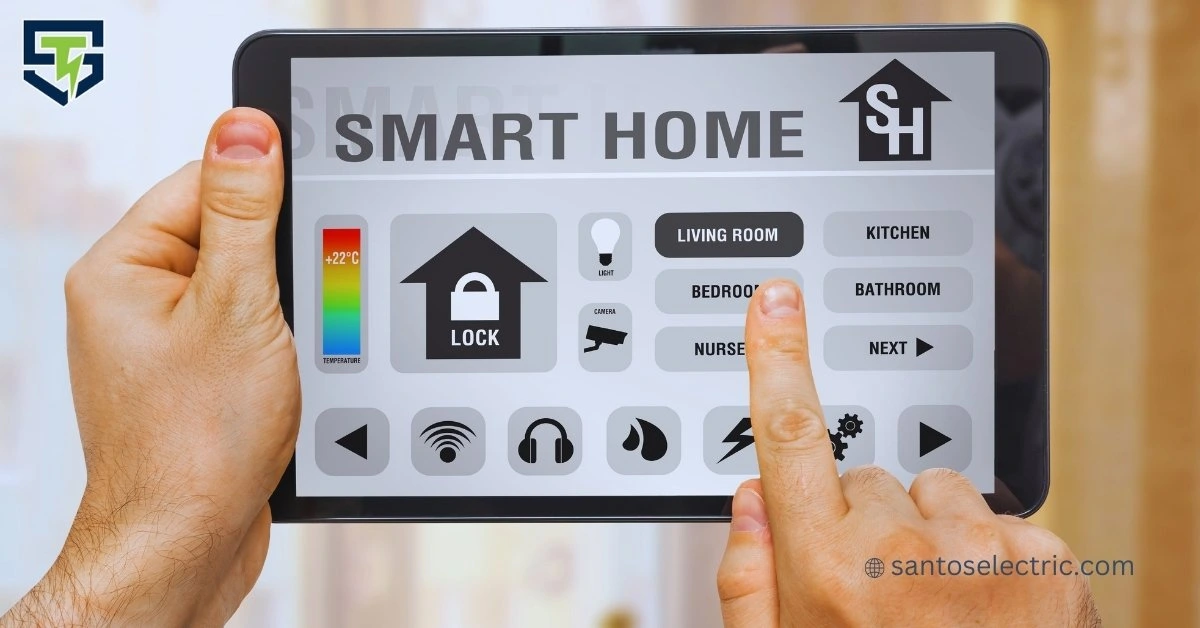Keeping your home warm and comfortable is one of the most important parts of home ownership. Choosing the right home heating system is not just about comfort; it also affects your energy bills, efficiency, and even the value of your home.
With so many options available, understanding the different home heating system types can make your decision easier and help you find the solution that fits your home and lifestyle. In this guide, we’ll explore all the main types of home heating systems, their advantages, disadvantages, and tips to pick the right home heating system for your space.
Table of Contents
ToggleUnderstanding Home Heating Systems

A heating system is any equipment that warms the air or water in your home to provide a comfortable indoor environment. Homes rely on different types of heating systems depending on climate, house size, and energy efficiency goals.
Choosing the right home heating system means considering your heating needs, budget, and long-term costs. Most homes have one of several types of home heating systems. These systems can use gas, electricity, oil, wood, or even the sun to provide warmth.
The main function of a home heating system is to maintain comfortable temperatures throughout the house, evenly distributing heat in each room. Modern homes also consider energy efficiency and environmental impact, making it essential to understand your options.
Common Types of Home Heating Systems
Selecting the right home heating system is one of the most important choices for your home. It affects comfort, energy bills, and even indoor air quality. There are several types of home heating systems, each with unique features, advantages, and disadvantages. Below is a detailed guide to help you understand the most popular systems.
1. Furnaces
Furnaces are one of the most common types of home heating. They work by heating air using natural gas, electricity, or oil. Warm air is then pushed through a duct system to heat the entire home quickly.
Furnaces are known for their ability to provide fast, even heat and work well with existing ductwork. Families who need central heating with consistent warmth often prefer furnaces. Timothy Santos Electric often recommends gas furnaces because they provide reliable heat during long winters.
| Pros | Cons |
| Fast, even home heating | Can dry indoor air |
| Works with existing ductwork | May circulate dust and allergens |
| Multiple fuel options (gas, oil, electricity) | Some models can be noisy |
Furnaces are ideal for homes where a quick warm-up is important, and they integrate easily with heating distribution systems to provide heat throughout the house.
2. Boilers
Boilers are another popular home heating system. Instead of heating air, they heat water. The hot water or steam then moves through radiators, baseboards, or in-floor radiant heating, warming the home without moving air.
Boilers provide steady, quiet heat, making them perfect for bedrooms or offices where noise is a concern. They are also great for allergy sufferers, as they don’t circulate dust. Timothy Santos Electric can help homeowners decide if a boiler is the right choice, especially if upgrading from older furnace systems.
| Pros | Cons |
| Quiet operation | Slower to heat rooms than a furnace |
| Allergy-friendly | Needs space for pipes or radiators |
| Consistent warmth | Higher installation cost than some systems |
Boiler systems are long-lasting, often providing decades of reliable service with proper maintenance. They are perfect for homeowners who prefer comfort and quiet over quick heating.
3. Heat Pumps
Heat pumps are versatile systems that transfer heat from the outside air or ground into your home. They also provide cooling, making them useful year-round. Heat pumps are highly energy-efficient and eco-friendly. They are particularly suitable for moderate climates and can lower your energy bill.
Electrical Load Calculation is often recommended to ensure the pump is the right size for your home. Pairing a heat pump with a furnace can create a hybrid heating system that uses the most efficient method depending on outdoor temperature.
| Pros | Cons |
| Highly energy-efficient | Less effective in extreme cold |
| Provides heating and cooling | Higher installation cost than a furnace |
| Reduces carbon footprint | May require supplemental heating |
Heat pumps are an excellent choice for those who want efficient heating while also enjoying summer cooling.
4. Radiant Heating
Radiant heating warms the home by heating floors, walls, or ceilings directly. In-floor radiant heating is a popular option that provides consistent, comfortable warmth without drafts. Radiant systems are energy-efficient and eliminate cold spots. They are quiet and deliver gentle heat, making them ideal for bathrooms, basements, or small rooms.
| Pros | Cons |
| Eliminates cold spots | Installation can be expensive |
| Quiet operation | Takes longer to adjust the room temperature |
| Comfortable, consistent warmth | Disruptive installation |
Radiant heating is a preferred choice for homeowners seeking comfortable, even home heating rather than rapid heat.
5. Hybrid Heating Systems
Hybrid heating systems combine a furnace and a heat pump to maximize efficiency. The system automatically switches between the two based on the outside temperature. Hybrid systems are particularly useful in areas with cold winters and warm summers.
They lower heating costs and provide reliable comfort throughout the year. Timothy Santos Electric recommends hybrid systems for new homes that want the best combination of energy efficiency and performance.
| Pros | Cons |
| Adaptable to all climates | Higher upfront cost |
| Lowers heating costs | More complex maintenance |
| Provides year-round comfort | Requires professional installation |
This system ensures that your home heating system is always working in the most efficient way possible.
6. Wood Heating
Wood heating involves burning wood in stoves, boilers, or pellet systems. It is often used as a supplemental heating source or in rural homes without access to gas or electricity. Wood heating reduces dependence on utilities and uses renewable fuel. However, it requires regular maintenance and handling of wood fuel.
| Pros | Cons |
| Uses renewable fuel | Labor-intensive (chopping/loading wood) |
| Reduces dependence on utilities | Smoke may affect indoor air quality |
| Can lower energy bills | Needs regular cleaning and maintenance |
Wood heating is ideal for off-grid homes or homeowners who want to reduce their carbon footprint while still enjoying warmth.
7. Active Solar Heating
Active solar heating systems use solar panels to heat air or water, which is then distributed through the home using heating distribution systems. Solar systems are eco-friendly and can significantly reduce reliance on gas or electricity. However, sunlight availability and initial costs are factors to consider.
| Pros | Cons |
| Renewable and eco-friendly | Performance depends on sunlight |
| Low operating costs | High installation cost |
| Reduces reliance on gas or electricity | May need a backup heating system |
While eco-friendly, solar systems depend on sunlight and often work best when paired with another system.
Explore panel upgrades and repairs to ensure your electrical system can support solar integration.
Factors to Consider When Choosing a Heating System

Choosing the right home heating system goes beyond picking the latest model. The decision depends on your climate, the size and layout of your home, energy efficiency, budget, and whether supplemental heating is needed. Making the right choice ensures comfort, lower heating bills, and long-lasting performance. Below is a detailed look at the key factors that influence your decision.
Climate
The climate in your area plays a major role in determining which type of heating system works best.
- Cold climates: If you live in a region with long, harsh winters, a furnace or boiler is often the most reliable option. These systems provide consistent warmth throughout the house and can handle the demands of colder temperatures. A gas furnace, for example, can heat large spaces quickly and efficiently.
- Moderate climates: In areas with mild winters, heat pumps or hybrid heating systems are often sufficient. These systems are energy-efficient and can provide both heating and cooling, making them ideal for homes with variable seasonal temperatures.
Considering your climate ensures your home heating solution can meet the demands of your environment year-round.
Home Size and Layout
The size and design of your home affect how effectively heat is distributed.
- Large homes: Homes with multiple rooms and multiple floors often require central heating or systems with strong heating distribution systems. This ensures warmth reaches every corner of the house evenly. Furnaces or boiler systems with duct systems or radiators are often best for larger layouts.
- Smaller homes: Compact homes or apartments can benefit from radiant heat, wall-mounted units, or hybrid systems. These solutions provide targeted warmth without unnecessary energy use.
Understanding your home’s layout helps determine the right home heating system and avoids cold spots or uneven heating.
Energy Efficiency
Energy efficiency affects both your heating bills and your home’s environmental impact.
- Look for systems with a high annual fuel utilization efficiency (AFUE) or efficiency rating. High-efficiency furnaces, boilers, or heat pumps consume less fuel while maintaining comfort.
- Efficient systems reduce your energy consumption and lower the overall cost of heating. Options like active solar heating or high-efficiency heat pumps can further reduce reliance on gas or electricity.
Investing in energy-efficient home heating options ensures long-term savings while supporting sustainable living.
Budget
Budget considerations include both the upfront cost of a new heating system and long-term operating expenses.
- Some systems, like furnaces or boilers, may have moderate installation costs but are efficient for everyday heating needs.
- Systems like active solar heating or hybrid heating systems may cost more initially, but can reduce heating bills over time due to lower fuel consumption.
- Don’t forget to account for maintenance costs, fuel type, and potential repairs when comparing systems.
A well-planned budget ensures you select a heating system for your home that is affordable and cost-effective in the long run.
Supplemental Heating
Some homes benefit from additional heating equipment to provide warmth in specific areas.
- Options like a Gas Wall Heater or wood stoves can offer supplemental heat without running the entire system.
- These are useful in basements, guest rooms, or smaller spaces where installing a full central heating system may not be necessary.
- Wood heating can also reduce dependency on gas or electricity while offering a renewable heating source.
Supplemental heating options give homeowners more control over heating needs and allow for targeted warmth where it’s needed most.
Modern Innovations in Home Heating
- Smart Thermostats: Help control temperatures remotely and save energy.
- Integration with Renewable Energy: Solar or geothermal systems can work alongside traditional heating.
- High-Efficiency Equipment: Modern furnaces and boilers last longer and consume less fuel.
- Heating System Upgrades: Installing a new heating system improves comfort and efficiency, reducing heating season performance factor concerns.
Maintenance Tips for Heating Systems
- Annual Check-ups: Ensure efficiency and prevent breakdowns.
- Filter Replacement: For furnace or heat pump systems, changing filters regularly improves airflow.
- Duct Cleaning: Reduces dust and improves heating distribution systems.
- Boiler Servicing: Prevent leaks and maintain hydronic systems.
- Electrical Load Calculation: Important for electric or hybrid systems to avoid overloading circuits.
Proper maintenance extends system life and ensures efficient home heating throughout the winter.
Choosing the Right Home Heating System
- Assess Your Heating Needs: Determine how much heat your home requires based on square footage, insulation, and climate.
- Evaluate Efficiency: Look for ENERGY STAR-rated systems and check annual fuel utilization efficiency.
- Consider Fuel Type: Gas, electricity, oil, wood, or solar – each has benefits depending on availability and cost.
- Consult Experts: Companies like Timothy Santos Electric can provide professional guidance and installation.
- Plan for the Future: Choose a system that meets your long-term heating needs and improves the energy efficiency of your home.
FAQs
What Is The Most Energy-Efficient Home Heating System?
Heat pumps are highly energy-efficient, especially in moderate climates. Combining them with a furnace in a hybrid heating setup can further reduce heating bills.
How Often Should I Service My Heating System?
Most systems should be serviced once a year. Regular check-ups prevent breakdowns and maintain energy efficiency.
Can I Install A New Heating System Myself?
While DIY installation is possible for some small systems, professional installation ensures safety, proper heating distribution, and system longevity.
What Are The Environmental Impacts Of Different Heating Systems?
Heat pumps and active solar heating systems produce lower emissions. Wood stoves and oil systems may have higher environmental impacts if not managed correctly.
How Do I Know If My Current Heating System Needs Replacing?
Signs include rising heating costs, uneven temperatures, frequent repairs, or old age. Consulting a professional helps decide the best replacement for your home heating solution.
Conclusion
Selecting the right home heating system is vital for comfort, efficiency, and cost savings. By exploring the various home heating system types, including furnaces, boilers, heat pumps, radiant heating, and hybrid systems, homeowners can find the solution that fits their lifestyle and home.
Whether you need a fast-heating furnace, a quiet boiler, or a sustainable active solar heating solution, understanding your options ensures the right home heating choice. Working with experts like Timothy Santos Electric can simplify the process and help maintain an efficient and comfortable home year-round. For personalized advice or installation support, feel free to contact us anytime.

